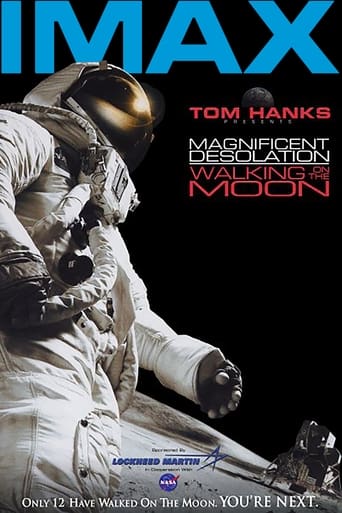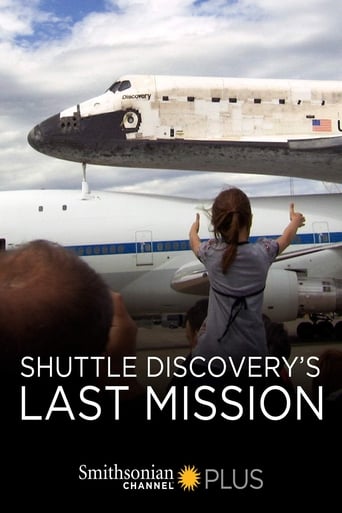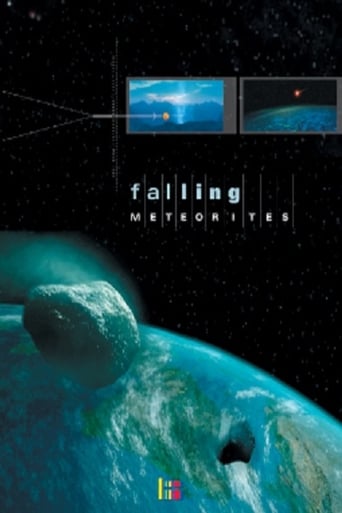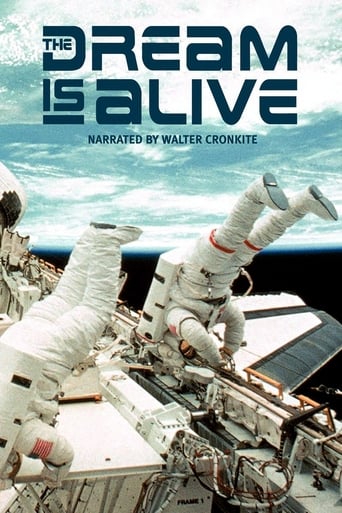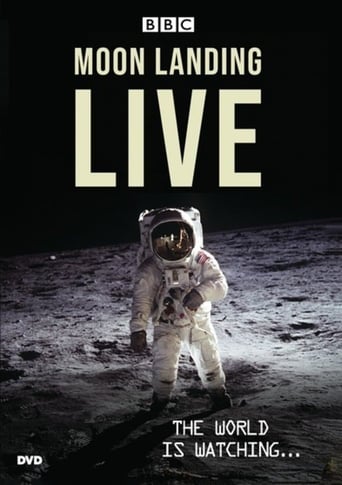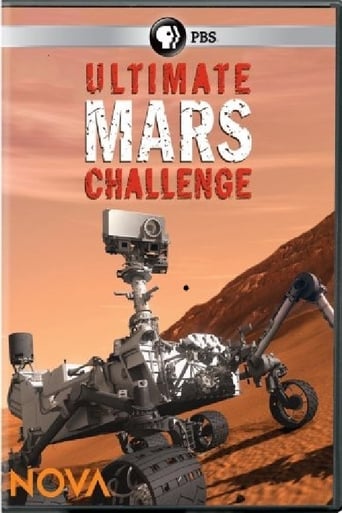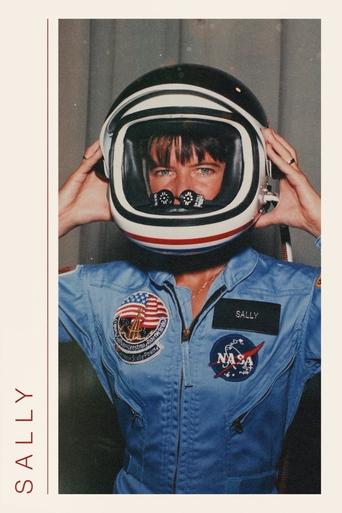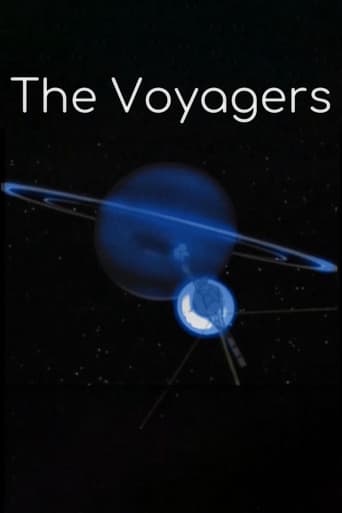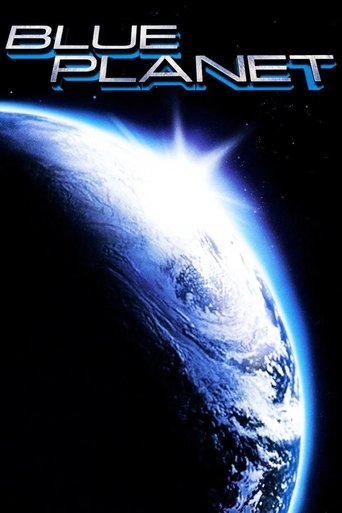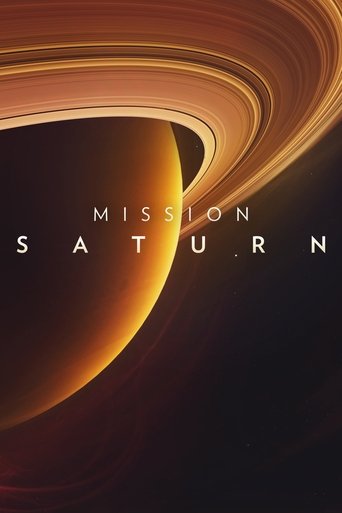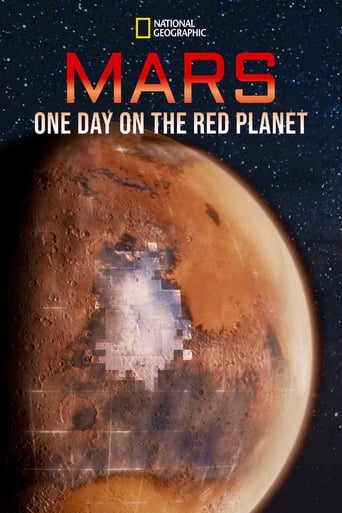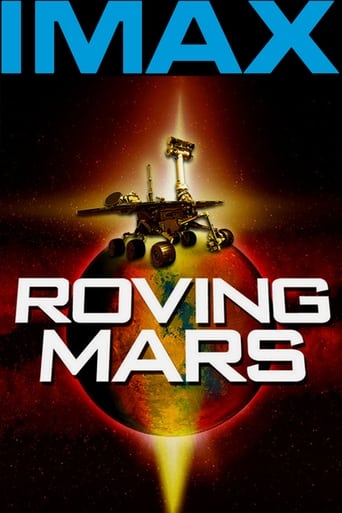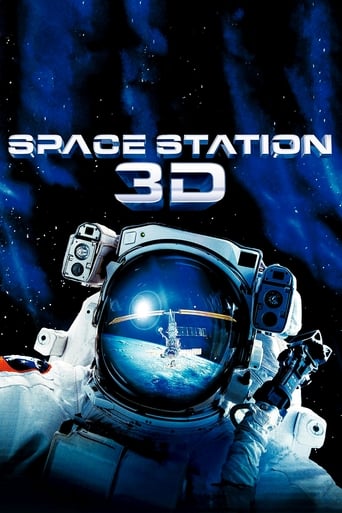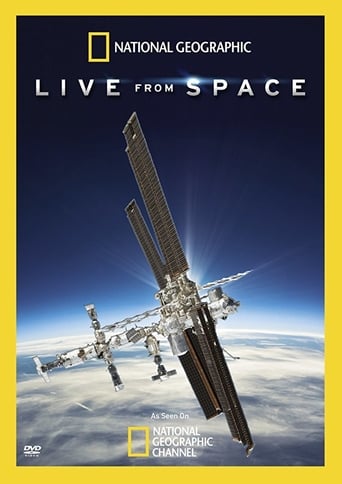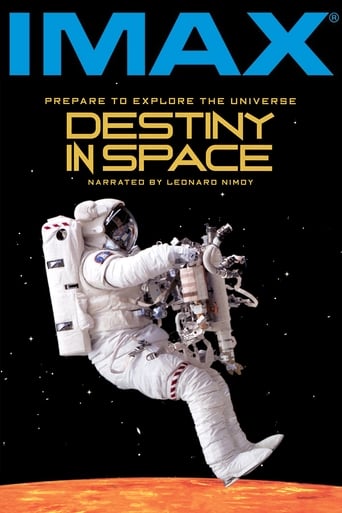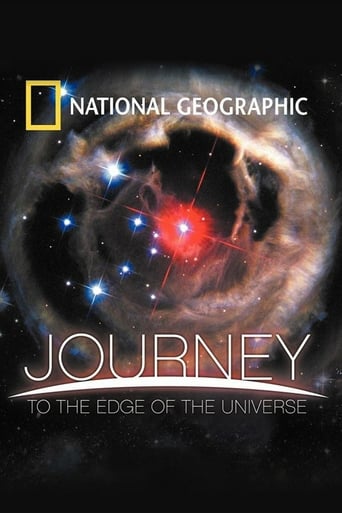Explorer 1: The Beginning of the Space Age
"Explorer 1" is the second episode of "Beginnings Of The Space Age". The 60-minute documentary reveals how JPL and the U.S. Army could have been the first to place a satellite into Earth orbit, had they only been given the chance. That opportunity was lost when the Eisenhower administration, unsure of what the Soviet reaction would be to a satellite launched (in part) by the U.S. Army military, hesitated and assigned the project to a civilian-led program called Vanguard. The Soviet Union launched Sputnik in October 1957, shocking the world and creating the "Race for Space" in the midst of the Cold War. Only after the Vanguard rocket exploded on the launch pad were JPL and the U.S. Army given its chance. The result was Explorer 1, the first successful U.S. satellite, which also achieved the first space science results.
